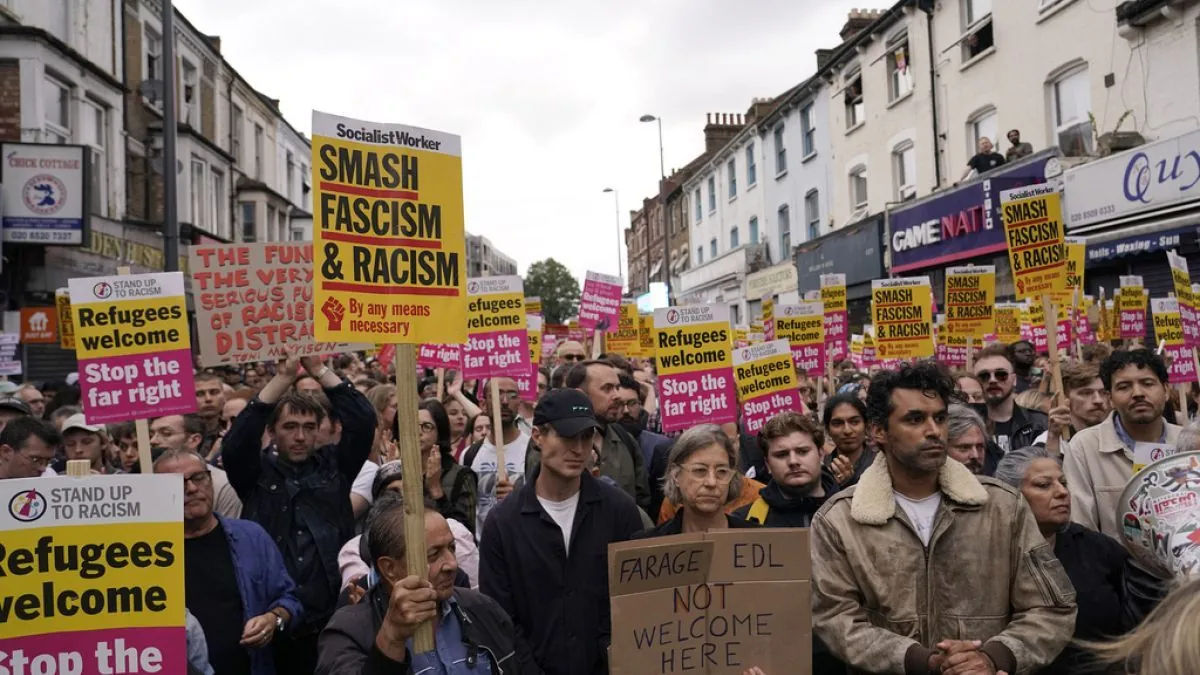In early August 2024, Britain experienced a wave of far-right violence triggered by misinformation surrounding a tragic stabbing incident. The unrest, which saw attacks on mosques and asylum seeker hostels, was met with widespread anti-fascist counterdemonstrations across England.
The catalyst for these events was a fatal stabbing in Southport on July 29, 2024. False reports circulated on social media platforms, erroneously linking the attack to a Muslim migrant. These claims were quickly debunked, revealing the assailant to be a British-born teen of Rwandan descent, likely not Muslim.
The rapid spread of misinformation highlighted the role of social media in fueling societal tensions. While platforms like Meta, Google, and TikTok reportedly acted swiftly to remove inflammatory content, X (formerly Twitter) faced criticism for its handling of the situation. Elon Musk, X's owner, drew condemnation for amplifying far-right narratives and making controversial statements about the unrest.
The riots exposed deep-seated issues within British society, including Islamophobia and anti-immigrant sentiment. These attitudes have been influenced by years of right-wing media rhetoric and populist political messaging. The unrest also pointed to underlying socio-economic factors, particularly in post-industrial areas hit hard by deindustrialization and austerity measures implemented since 2010.
Keir Starmer, the Labour Prime Minister, vowed to take strong action against those involved in the violence. The government criticized social media platforms, with Home Secretary Yvette Cooper describing them as a "rocket booster" for unrest.
The events in Britain serve as a stark reminder of the power of misinformation in the digital age and the complex interplay between online discourse and real-world consequences. They also underscore the ongoing challenges of addressing social divisions and economic disparities in modern British society.
"It looks like the tweet has been deliberately fabricated to generate hostility toward ethnic minorities and immigrants, and it's a potentially Islamophobic piece of propaganda."
As Britain grapples with the aftermath of these events, questions remain about the role of social media platforms in moderating content and the responsibility of tech leaders like Elon Musk in shaping public discourse. The incident has reignited debates about the balance between free speech and the need to combat harmful misinformation in an increasingly interconnected world.
